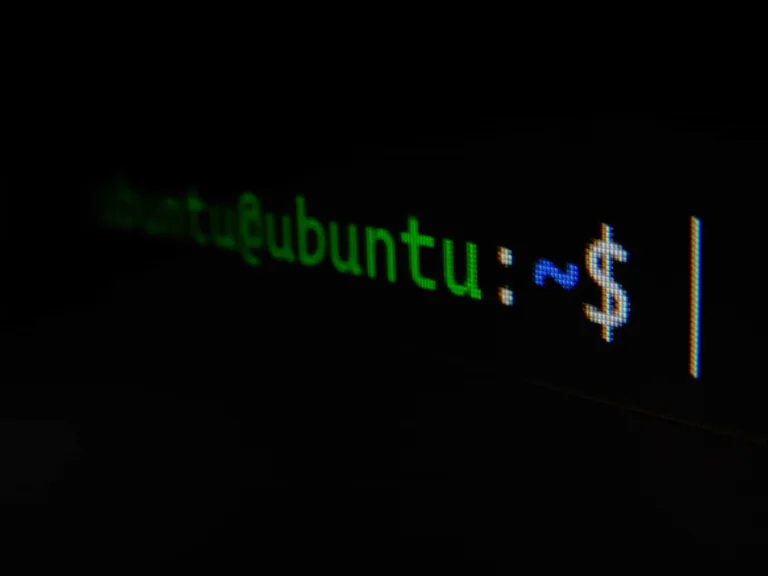Docker containers and virtual machines are two popular options for running applications on servers. But what is the difference between them? In this blog post, we’ll discuss the fundamental differences between virtual machines and Docker containers. We will also talk about when each one is appropriate to use.
Before we talk about the differences between VM’s and Docker Containers, let’s take a look at how they work:
Virtual machines are created by software simulating physical computers. Depending on the type of software, virtual machines can run either on a physical computer or in the cloud. By using a hypervisor, you are able to set up separate, isolated working environments. This is useful when testing new applications and configurations or when isolating malicious activity. Virtual machines make it very simple to backup from snapshots and restore these images from those snapshots.
Docker containers are created by running an application inside a lightweight, isolated environment called a container. Docker containers are created from images that are stored in a registry. You can create your own images or use images that are shared by others. Docker containers allow you to package your applications and their dependencies into a single image. This makes it easy to distribute and deploy your applications.
What is the Difference?
The key difference between virtual machines and Docker containers is that virtual machines provide a full-blown operating system, such as Windows or Linux. While Docker containers only provide the application and its dependencies. This makes virtual machines slower and heavier than Docker containers.
Docker containers are ideal for applications that only require the application and its dependencies, such as web applications or microservices.
In general, virtual machines are better for long-running tasks or applications with complex dependencies. They are also useful for applications that need to be isolated from other applications or users. Conversely, docker containers are better for shorter-running tasks or applications with fewer dependencies.
So, what’s the verdict? If you’re not sure which one to choose, go with virtual machines. They provide more flexibility and are a good choice for a wide range of applications. Docker containers are ideal for specific types of applications that require a lightweight and fast environment.
In conclusion, virtual machines provide more isolation and flexibility than Docker containers. However, Docker containers are faster and lighter weight. You should use virtual machines for applications that require a full-blown operating system, while you should use Docker containers for applications that do not require one.





